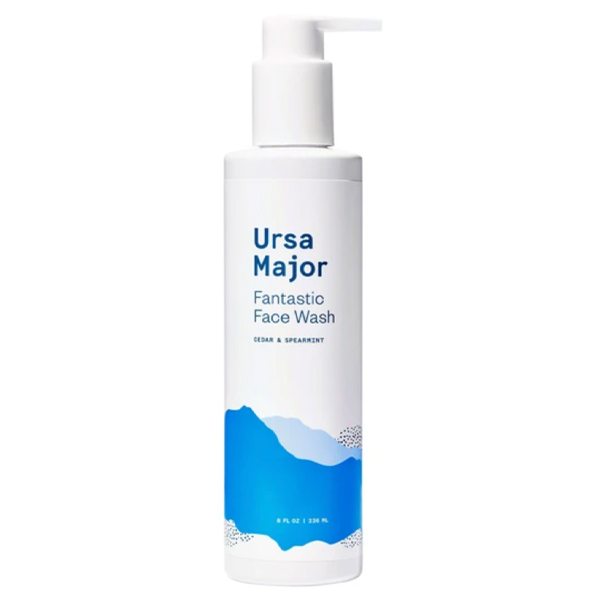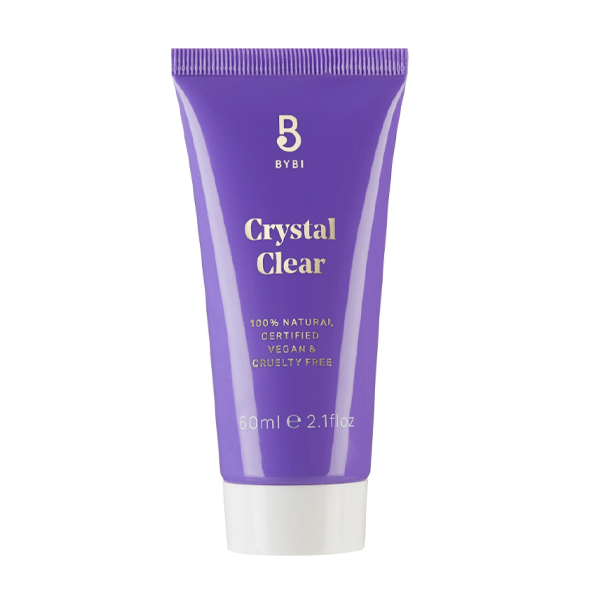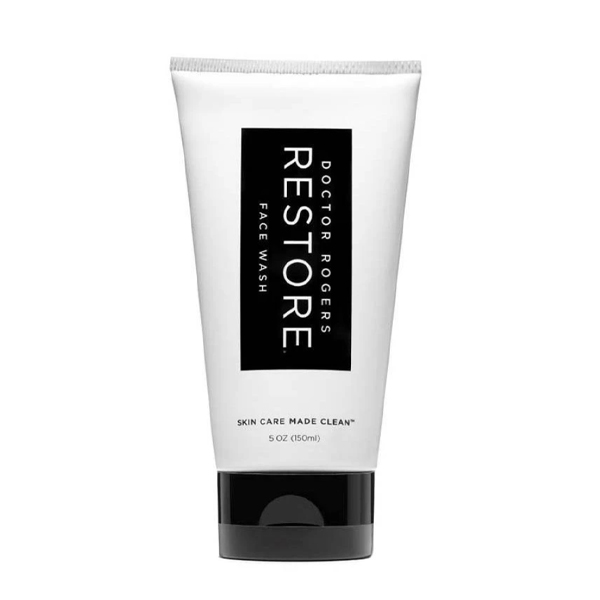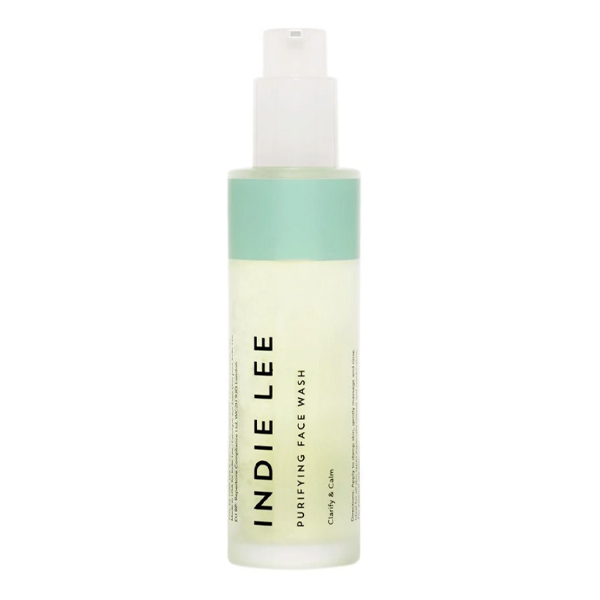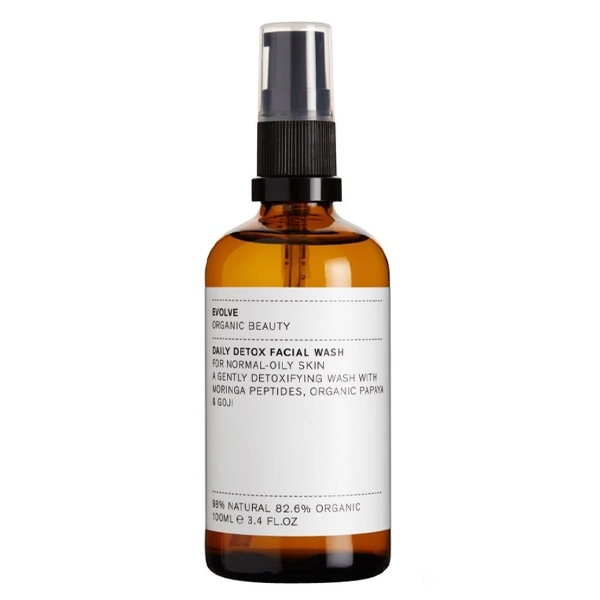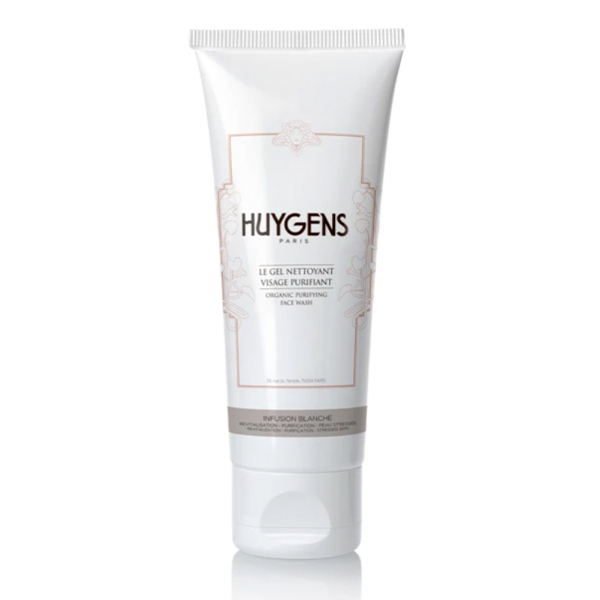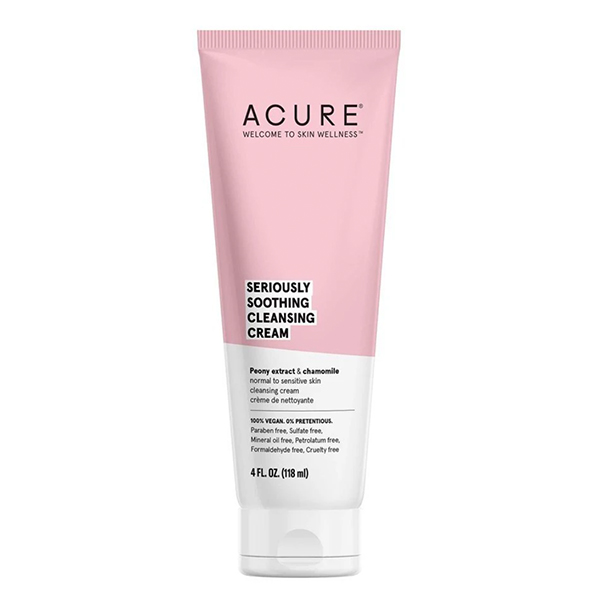Heads Up: Face Washes Are Different From Face Cleansers
Michelle Rostamian
Washing your face at the end of a long makeup day is like taking off your bra—liberating in all of the best ways. That being said, while both face wash and face cleanser get rid of dirt, debris, and makeup residue, it’s easy to confuse the two, and using the wrong one for your skin type could be the source of a few skincare issues. Whether you’re a skincare fanatic with a proud collection of toners, serums, and oils, or you prefer to keep your regimen simple with a few staples, one thing is for sure: step one of your routine requires using the correct face cleaning product. To figure out the difference between face washes and face cleansers—and to learn how to choose the right one for your skin type—we tapped board-certified dermatologist Dr. Tina Alster for some answers.
What’s the Difference Between Face Wash and Face Cleanser?
“Knowing the difference between a face wash and a face cleanser is critical because in most cases, they target different concerns,” says Dr. Alster. “The basic principle is the same: both face washes and face cleansers purify and ‘clean’ the skin—however, If you are trying to achieve certain results, using the wrong product could be detrimental to your goals.” So, how do the two differ? Face washes are typically in gel form and foam up when applied to the skin with water. They’re formulated to go deep within the skin to help remove any debris and to also deeply clean the pores, notes Dr. Alster.
Face cleansers, on the other hand, are creamier than facial washes and often contain non-foaming (or only slightly-foaming) formulations. “Like a face wash, a face cleanser will also clean the skin, however, a cleanser targets the skin surface versus the deeper, epidermal layers,” explains Dr. Alster. “In general, the main ingredients in facial cleansers will help to hydrate and nourish the skin.”


Should I Use Face Wash or Face Cleanser?
If you’re of the oily, acne-prone camp, your skin will require a product that targets deep within the skin to ward off excess sebum production, clogged pores, and, ultimately, bacteria-caused breakouts. In this case, go for a face wash. “Keeping pores clear of cellular debris and refining skin texture primes the skin for enhanced benefits of a regular skincare regimen,” says Dr. Alster. The key ingredients found in most face washes (think: glycolic acid) will help to regulate oil production. Salicylic acid is another hero ingredient in many face washes, and “will help to exfoliate the pores and rid them of excessive oil buildup,” says Dr. Alster. Bottom line: If you have oily skin, using a face wash as the first step of your routine will clear your pores and keep oil at bay, ultimately setting you up for success with your other products.
Have normal to dry or sensitive skin? A face cleanser may be more your speed. They tend to be less aggressive than face washes, and are therefore less likely to contribute to that parched, tight feeling post-cleansing. “Cleansers have gentle ingredients such as hyaluronic acid and glycerin, which help attract and maintain water in the skin,” explains Dr. Alster.
Face cleansers can also benefit your skin if you have a compromised moisture barrier, which can occur following sun damage or aesthetic procedures. “In this case, the appropriate cleanser becomes critical to restoring the skin’s lipid barrier and promoting an ideal climate for wound healing,” says Dr. Alster.





